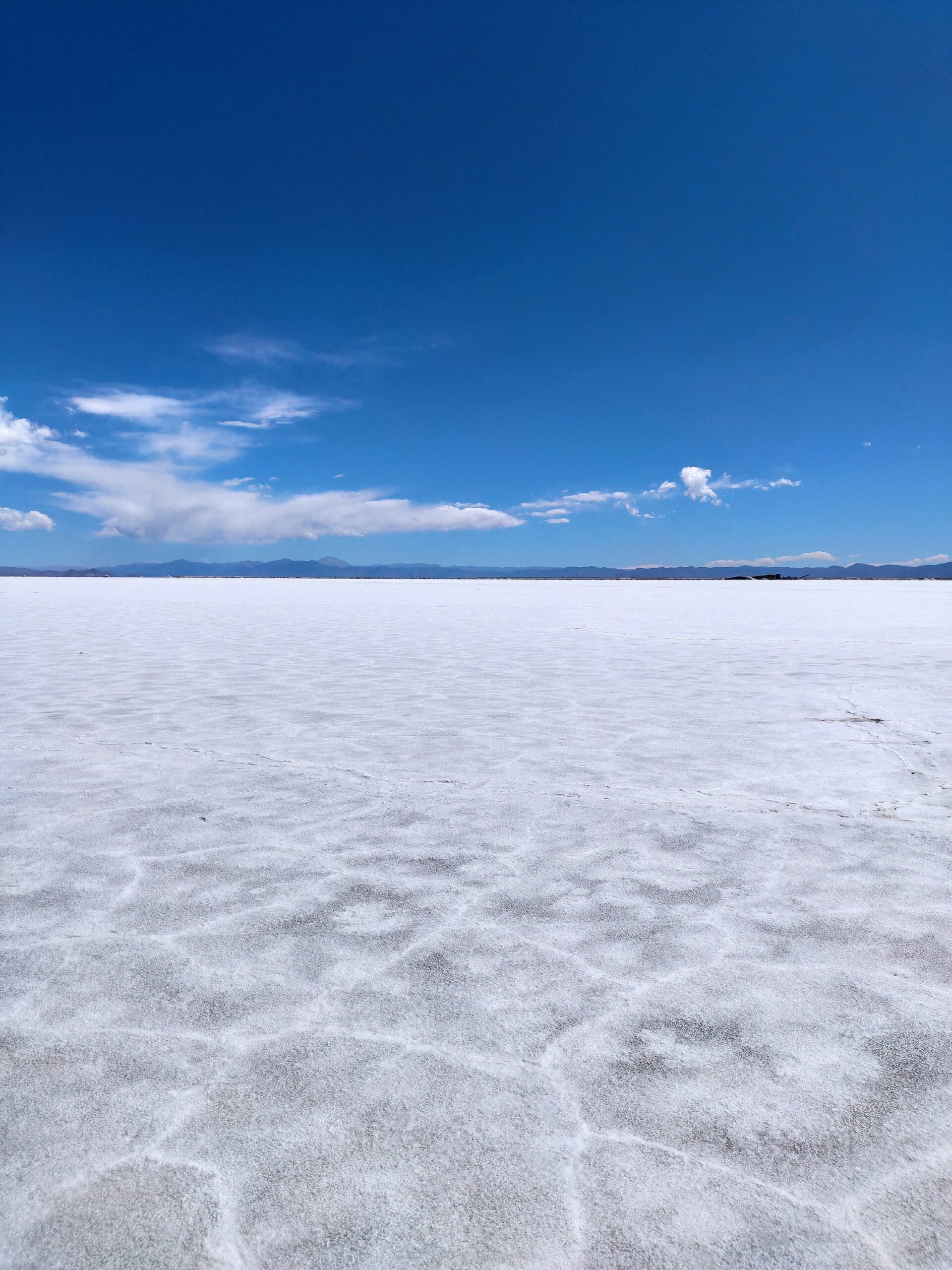The Inter-American Court of Human Rights outlined in its Advisory Opinion No. 32 (OC-32), released on July 3, 2025, how human rights must be ensured in the face of the climate emergency. This landmark opinion sets the course for the protection of both valuable ecosystems and the rights of people in Latin America -a region deeply affected by hosting significant reserves of minerals increasingly demanded by the global energy transition.
Following more than 150 oral interventions and over 260 written submissions, OC-32 provides legal tools to safeguard human rights throughout the minerals value chain, while ensuring the integrity of ecosystems from a Latin American perspective. Its recognition of the Rights of Nature offers a key framework for rethinking how to manage the region’s mineral wealth, especially considering that the region holds more than 50% of global lithium reserves and 40% of copper reserves.
Equally important, the Court reaffirms the interdependence between democracy, the rule of law, and the protection of human rights within the Inter-American system. It also emphasizes the importance of access rights, and highlights the situation of environmental, climate and human rights defenders, in alignment with the Escazú Agreement. This is especially relevant in what is currently the most dangerous region in the world for defending nature.
In a context of climate denialism promoted by political leaderships that reject the scientific consensus on human-dirven climate change, the OC-32 offers a vital roadmap for urging States to meet their climate commitments through a human rights-based approach.
At the Andean Wetlands Alliance, we view this Advisory Opinion with hope, as a key tool to help ensure the rights of communities who have inhabited these wetlands for generations and to protect these vital ecosystems.
Read the Andean Wetlands Alliance’s full analysis here.
